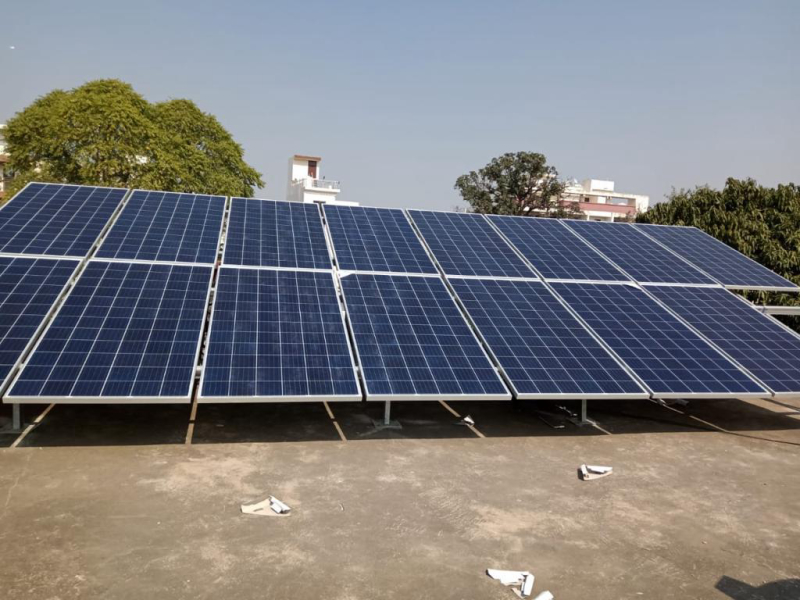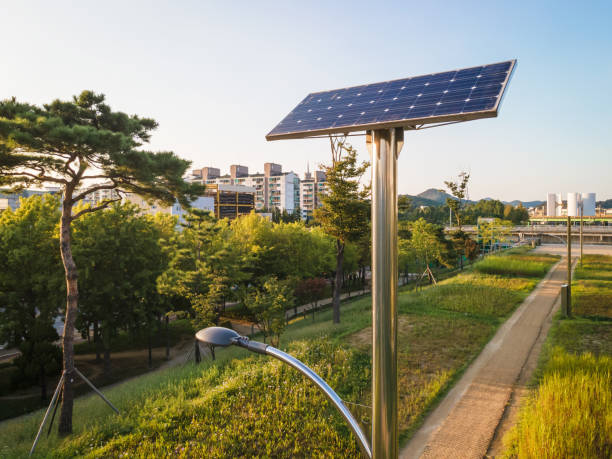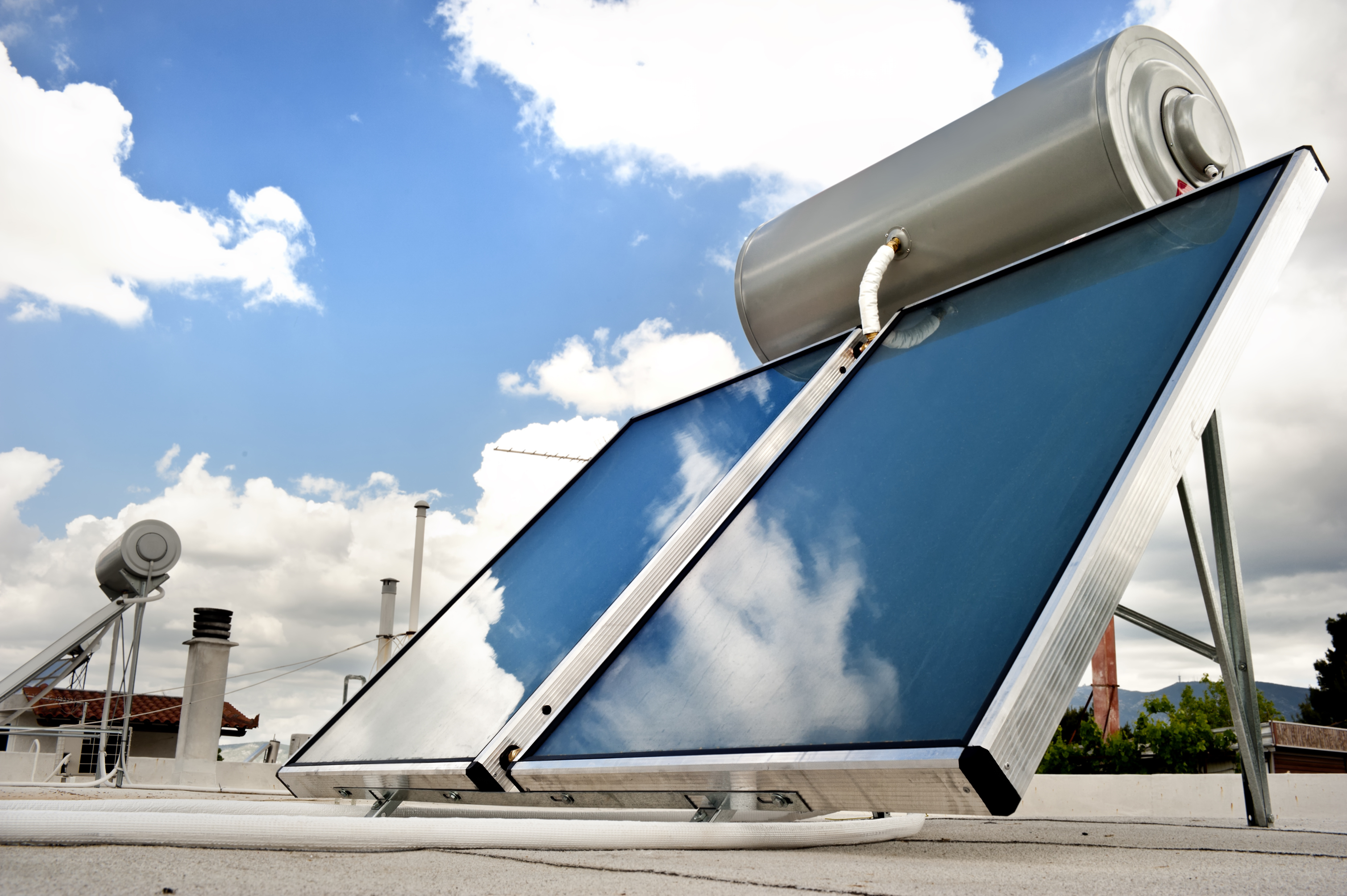Erigo Energy Solutions Pvt.Ltd
- +91-7385556588
- +91- 9371848294
- info@erigosolar.com
Services
What we offer
Choose Erigo Energy Solutions Pvt.Ltd. for all your solar energy needs and experience the benefits of clean, renewable energy solutions tailored to your specific requirements. Contact us today to learn more about our products and services and start your journey towards a brighter and sustainable future powered by the sun.

On-grid Solar Power Plant
An on-grid or grid-tied solar system is a system that works along with the grid. This means that any excess or deficiency of power can be fed to the grid through net metering. Many residential users are opting for an On-grid solar system as
they get a chance to enjoy credit for the excess power their system produces and save on their electricity bills. You will always have power either from the solar system or from the grid. They do not have batteries.

Off-grid Solar Power Plant
Off-grid Solar Power Plant An off-grid solar system is designed for the power needs of mid- to large-size homes. Unlike grid-tied solar systems, off-grid systems have no connection to the utility grid and must make all the electricity necessary to power your home. Off-grid solar systems operate from the stored energy in a battery bank.

Hybrid Solar Power Plant
Hybrid solar systems generate power in the same way as a common grid-tie solar system but use special hybrid inverters and batteries to store energy for later use. This ability to store energy enables most hybrid systems to also operate as a
backup power supply during a blackout, similar to a UPS system.

Solar Street Lights
Solar streetlights are raised light sources which are powered by solar panels generally mounted on the lighting structure or integrated into the pole itself. The solar panels charge a rechargeable battery, which powers a fluorescent or LED lamp during the night.

Solar Water Pump
A solar water pump system is essentially an electrical pump system in which the electricity is provided by one or several Photovoltaic (PV) panels. A typical solar powered pumping system consists of a solar panel array that powers an electric motor, which in turn powers a bore or surface pump.

Solar Water Heater
A solar water heater uses sunlight to heat water, typically through panels on a roof that absorb solar energy. This energy heats a fluid in the panels, which then transfers its heat to water stored in a tank. It’s an eco-friendly and cost-effective way to produce hot water for residential or commercial use, reducing reliance on electricity or gas-powered heating systems.
